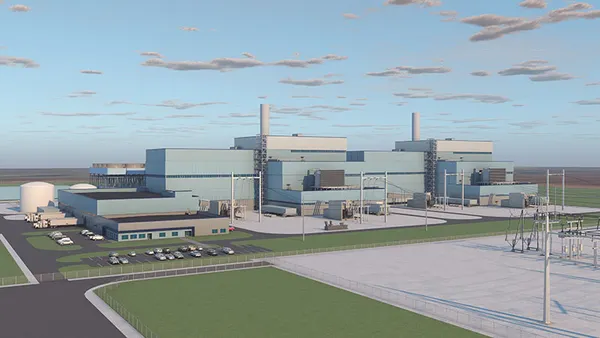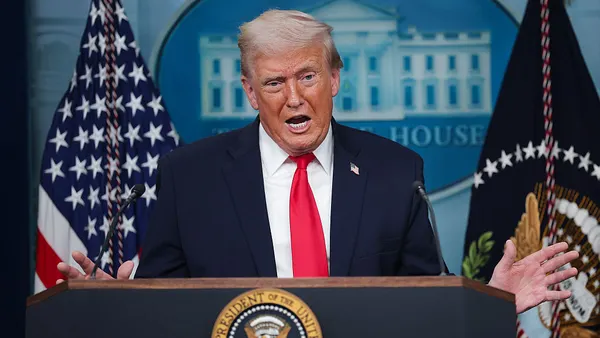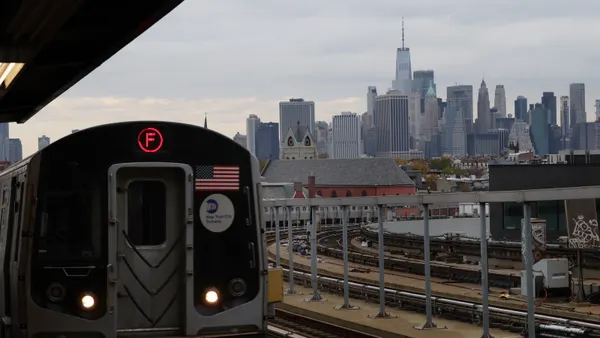UPDATE: The Minnesota Senate failed to pass the $1.8 billion bonding bill by one vote last week in an "unexpected" loss, according to the Star Tribune. All state Democrats voted for the measure, in addition to one Republican lawmaker. The rest of the Republican Senators said the bill was too expensive.
Dive Brief:
- Minnesota Democratic legislators have proposed a $1.8 billion bonding bill to fund more than 300 infrastructure and public works projects around the state, Minnesota Public Radio News reported.
- An alternate plan by the House Republican majority maxes out borrowing at $600 million, but the Democratic proposal also surpasses the $1.4 billion infrastructure spend proposed by Gov. Mark Dayton.
- Due to the long-term debt commitment, construction spending bills in Minnesota require a three-fifths majority to pass, meaning that any such proposal will require some bipartisan support, according to MPR News.
Dive Insight:
LeRoy Stumpf, Senate Capital Investment Committee chairman, said the projects specified in the bill were selected from a list totaling $5.2 billion. Other Democrats have suggested this proposal could be an alternative to a different transportation funding measure currently stuck in negotiations. Both House and Senate Republicans said the bill is too big and that they don't believe it will pass. Aside from utility, road and highway projects, the bill also funds refurbishing projects for the Minnesota state college and university systems, a $33 million emergency operations center and a $22 million security upgrade for the state Capitol.
Funding critical highway, bridge and other infrastructure projects has become an increasingly challenging task for cash-strapped states. Of course, most states get federal dollars to help them pay for necessary projects, but that money doesn't go very far given the magnitude of the work that needs to be done in many cases. Nebraska and California have turned to gas and sales taxes to finance their needs, while states like Indiana use a variety of sources. States including Georgia, New York and Maryland are exploring public-private partnerships (P3) as a way to stretch their transportation dollars, taking advantage of the ability of private companies in the P3 to access financing and innovate their way to cost savings.
Last year, Brendan Bechtel, president of the Bechtel Group, made a plea to Congress to increase investment in the country's infrastructure, calling existing highways, bridges and roads "crumbling," "unsafe" and "productivity-choking." In his USA Today op-ed, Bechtel praised P3s and said they could go a long way toward solving America's infrastructure headaches. The Bechtel Group's new P3-dedicated business group just embarked on its first P3 project, the $1.8 billion Edmonton Valley Line Light Rail Transit project.













